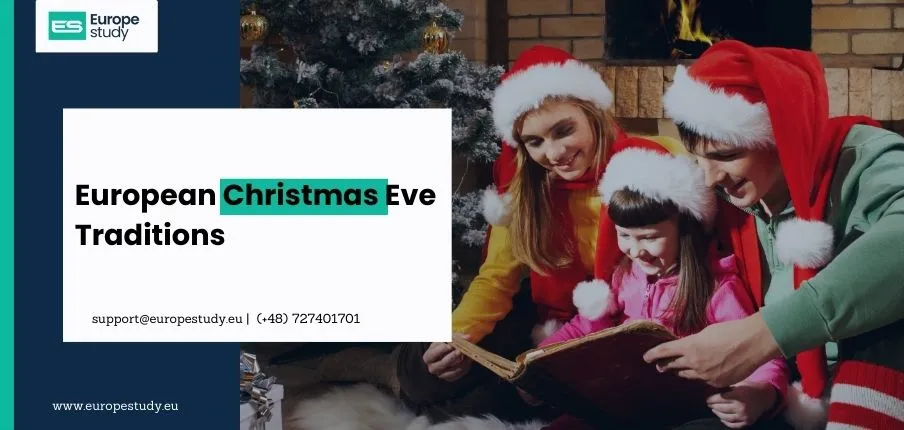
European Christmas Eve Traditions
Christmas Eve is one of the most anticipated nights of the year in many European countries, with a rich variety of traditions that mark the occasion. From gift exchanges to religious ceremonies, the festivities reflect the cultural diversity of the continent.
Gift-Giving Traditions
In several European nations, Christmas Eve is the time for family and friends to exchange gifts. Countries such as Austria, the Czech Republic, Denmark, Finland, Germany, Hungary, Norway, Poland, Slovakia, Sweden, and Switzerland celebrate this tradition, where presents are often opened after a festive meal or Midnight Mass. This custom contrasts with places like the UK, where gifts are typically exchanged on Christmas morning.
Last-Minute Shopping Frenzy
For those in the UK and other parts of Europe, Christmas Eve often serves as the final opportunity to complete holiday shopping. In Germany, for instance, stores close at noon on Christmas Eve, so many people rush to make last-minute purchases. This busy day also serves as the last chance to gather all necessary items for the evening’s celebrations.
Midnight Mass and Family Meals
Midnight Mass is a cornerstone of Christmas Eve celebrations for many Europeans. The religious service, which often takes place at midnight, is followed by a large family meal, making it the main event of the season. The meal varies by country but is typically a festive feast that brings families together to mark the spiritual significance of the occasion.
Decorating for the Season
In Germany, one of the most iconic traditions is decorating the Christmas tree. Families adorn their trees with fairy lights, baubles, and ornaments to create a festive atmosphere. This tradition is also observed in other parts of Europe, where the Christmas tree serves as a symbol of the holiday season.
Nativity Scenes in Italy
Italy’s Christmas Eve traditions include the creation of elaborate nativity scenes, or "Presepe." These scenes, often displayed in homes and churches, feature intricate depictions of the nativity story, with children adding small statues throughout Advent. On Christmas Eve, the figure of baby Jesus is placed in the manger, completing the scene and symbolizing the birth of Christ.
The Twelve Days of Christmas
While Christmas Day is celebrated on December 25, many European traditions extend the holiday season through the "Twelve Days of Christmas," which last until January 6. This period culminates in Epiphany, a day that commemorates the visit of the Three Kings and their gifts to the baby Jesus. In some countries, Epiphany marks the end of Christmas celebrations, with special events and feasts held on this day.
In conclusion, Christmas Eve in Europe is a night filled with a blend of spiritual, familial, and cultural customs. From exchanging gifts to attending Midnight Mass and enjoying festive meals, these traditions create a sense of unity and joy across the continent, making Christmas Eve a truly special occasion.





